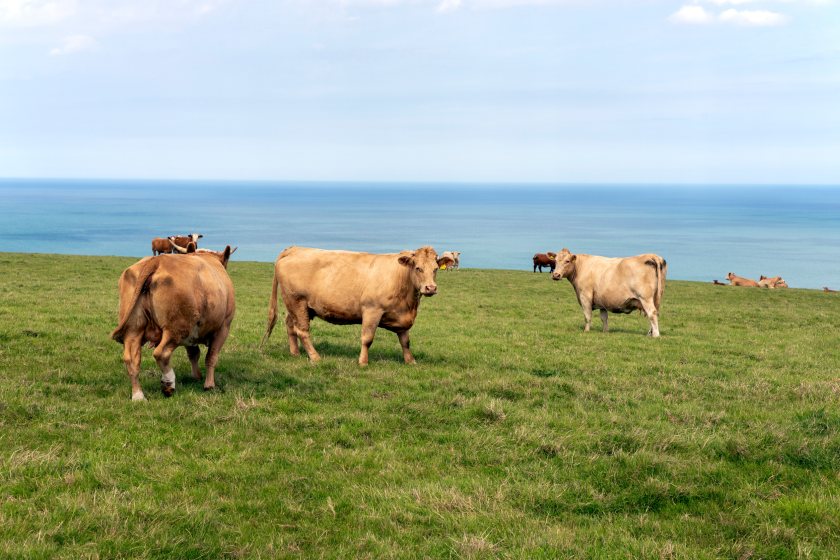Farmers told to stay alert as bluetongue virus reaches Wales

Farmers in Wales have been warned to stay on high alert after two cases of bluetongue virus were confirmed in cattle herds in Powys and Monmouthshire.
The cases were detected on farms near Presteigne and Chepstow, with restrictions placed on both holdings while investigations and surveillance continue.
These new detections bring the total number of cases this vector season to 80, the vast majority of which — 78 — have been in England.
Bluetongue (BTV-3) is a notifiable exotic disease that affects ruminants such as sheep and cattle. It is spread mainly by biting midges, which are most active from April to November.
Gerwyn Williams, chair of the FUW Animal Health and Welfare Committee, described the confirmation of the virus in Wales as “disappointing”.
He warned that although there is no treatment, vaccines are available and farmers are “strongly advised” to discuss vaccination options with their vet.
He stressed the importance of early recognition. “Knowing what to look for is essential. Animals infected with bluetongue become lethargic and develop crusting and erosions around their nostrils.
"There may also be drooling and swelling around the head and hooves. Both cattle and sheep may show an increase in abortions, foetal deformities and still births.”
Williams urged farmers to be mindful when sourcing livestock, highlighting that while the virus is mainly spread by midges, it can also be transmitted through infected semen, embryos and the movement of animals.
He also reassured the public that bluetongue poses no risk to people. “It is important to note that the virus does not affect people, or the safety of meat and dairy products,” he said.
Animal health experts emphasise that vaccination still has a key role in protecting livestock from bluetongue, as outbreaks not only cause severe losses but also trigger long-lasting restrictions on animal movements and trade.
Bluetongue is a notifiable animal disease. If you suspect it you must report it immediately by calling the Defra Rural Services Helpline on 03000 200 301.
In Wales, contact 0300 303 8268. In Scotland, contact your local Field Services Office. Failure to do so is an offence.








